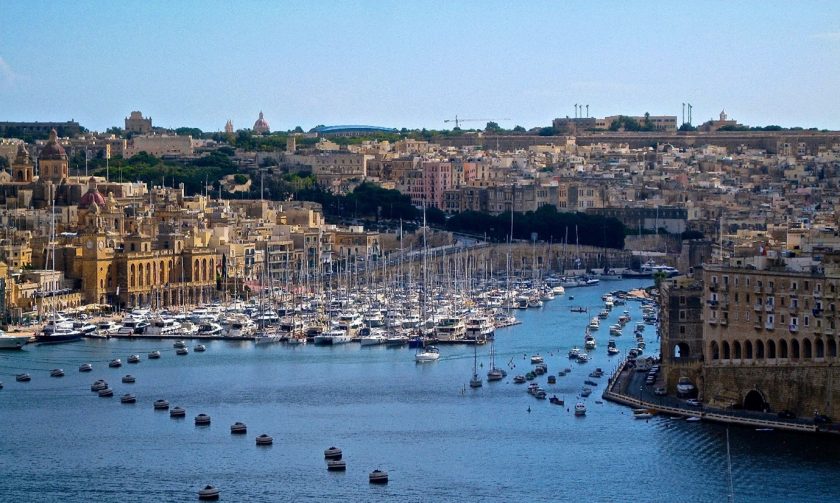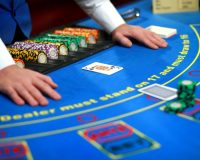
MEMBER PROFILE: MALTA GAMING AUTHORITY
There are probably worse places to live and work than the island nation of Malta.
After joining the EU in 2004, Malta’s gaming industry has blossomed into one of the most progressive and innovative markets in the world – worth about €1.1 billion in 20171.
The Malta Gaming Authority (MGA) has the challenging task of regulating an industry that continually breaks new ground in product development and technology.
IAGR eNews spoke to MGA’s CEO Heathcliff Farrugia about staying on top of the game.
Bricks. Mortar. Smartphones.
‘MGA is responsible for the regulation of all forms of gambling, be it land-based or remote as well as the overall governance of the gaming sector in Malta,’ said Heathcliff.
MGA strives to ensure gaming is fair and transparent for the player whilst preventing crime, corruption and money laundering. Protecting minors and vulnerable people is also a core part of MGA’s regulatory approach.
MGA was established in 2001 and employs about 170 staff.
‘In Malta, we have four land-based casinos, around 50 gaming parlours as well as the national lottery and bingo halls,’ Heathcliff added.
‘Furthermore, we have just above 280 licensed remote gaming companies, split between B2C and B2B operators.’
Overall the gaming industry employs about 6,000 people in Malta and contributes to 10% of the nation’s GDP2.
Where online gaming was born
Malta is known as the birthplace of regulated online gaming and also Europe’s iGaming capital.
The first online betting site was launched in Malta in 2000. Four years later it was the first EU nation to regulate the industry when The Remote Gaming Regulations (S.L. 438.04) was passed.
Online gambling activity is now regulated by the 2018 Gaming Act, which increased MGA’s oversight of regulatory scope and industry oversight.
Licensed online gaming operators based in Malta can often operate in numerous markets across the EU.
The busy life of a gaming regulator
‘2018 was a very busy year for the MGA,’ explained Heathcliff.
‘The new gaming law came into force in August of last year, and also in the same year, Malta transposed (the) EU’s 4th Anti-Money Laundering Directive, which meant that remote gaming companies became subject persons for the first time.’
Implementing both regulatory changes will keep MGA busy well into 2019.
‘At present we are also working on two other main projects, namely the EARP (Enhanced Automated Reporting Platform) for the land-based industry and (we) are in the very early stages of creating a Unified Self Exclusion System,’ Heathcliff added.
The latter will bring remote gaming operators up to the same standard as the national self-exclusion system implemented for the land-based sector.
For Heathcliff, the hard slog is nothing new. Before being appointed as CEO he had served as MGA’s Chief Operating Officer and then Chief Regulatory Officer for over four years. Prior to this he spent over 13 years in senior roles with a leading telecoms company.
‘The thing I like most (about the role) is leading a team of expert individuals who are passionate about their job and committed to achieving great results.
‘Knowing I can make a difference is also very gratifying.’
Keeping up with the game
‘The biggest challenge for regulators is to keep the pace of the development and innovation,’ Heathcliff said.
‘Many of our operators have cutting-edge technology to conduct their business that is also constantly changing and improving.
‘Our mission is to ensure that we understand the technology in an attempt to close this gap quickly and efficiently.’
To take the pressure off Heathcliff likes spending quality time with this family, and playing and watching football.
If you’d like to know more about the work of MGA, visit its website.
- Source: Malta Gaming Authority Annual Report 2017– https://www.mga.org.mt/wp-content/uploads/MGA-ANNUAL-REPORT-2017.pdf
- Source: Gaming in Malta 2018– https://www.mga.org.mt/wp-content/uploads/Gaming-Malta-2018.pdf





